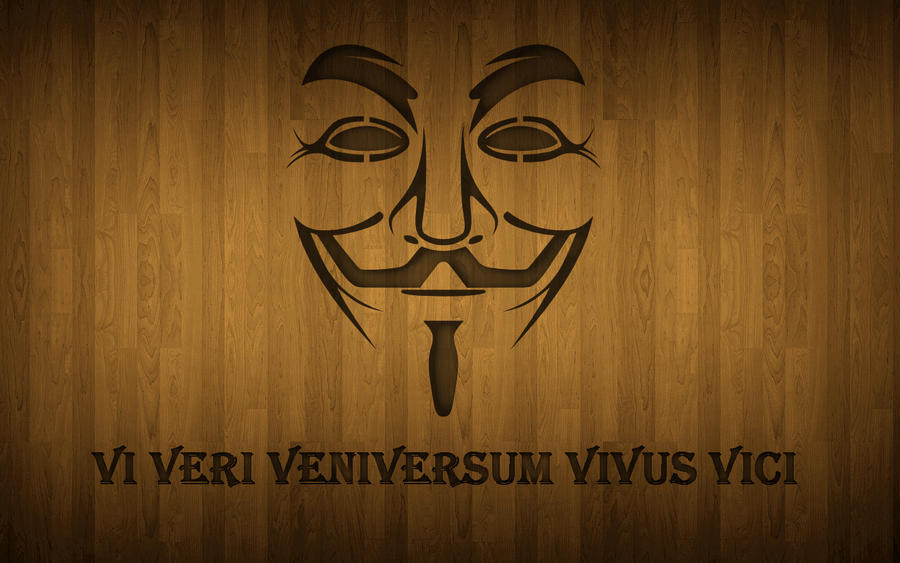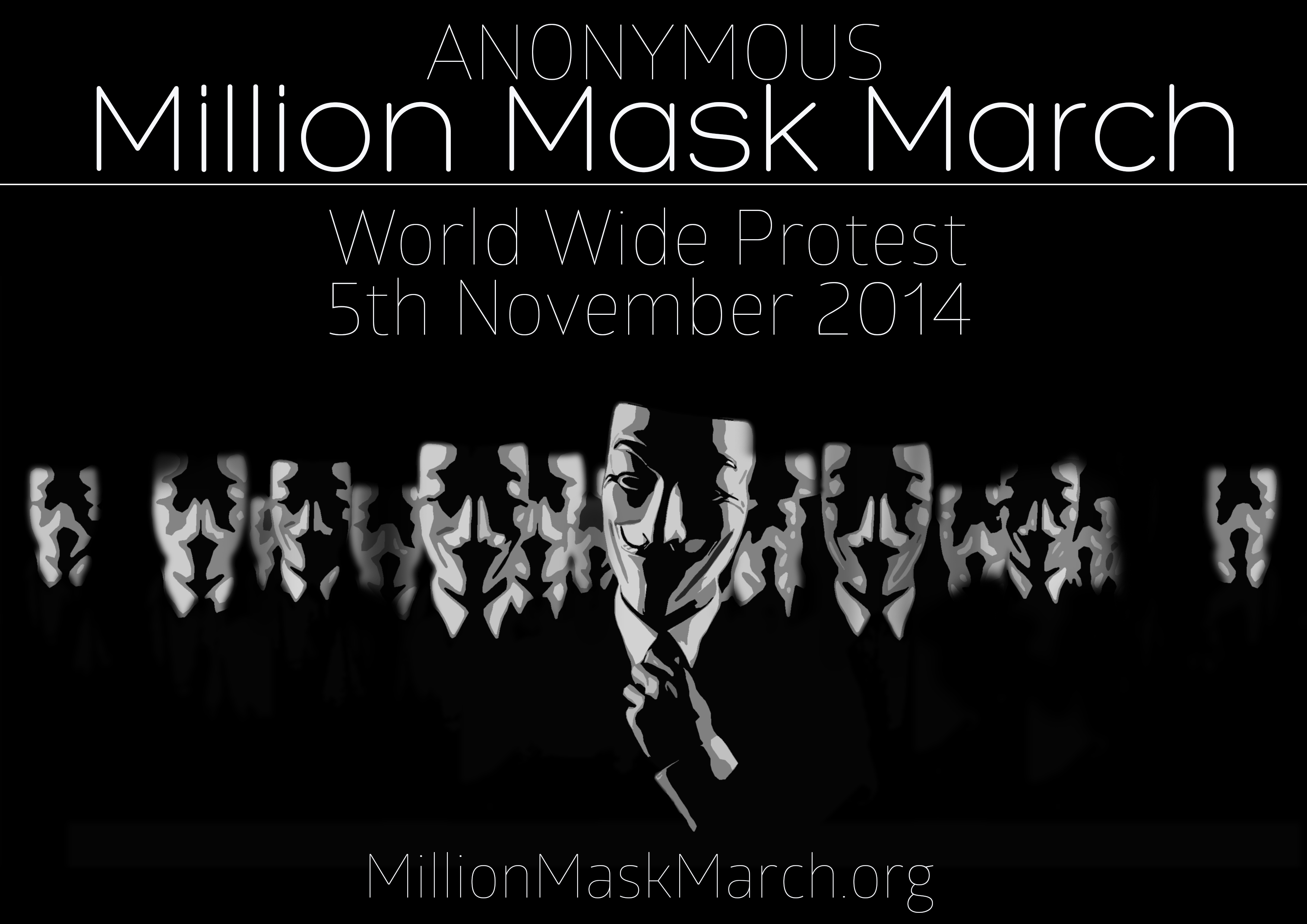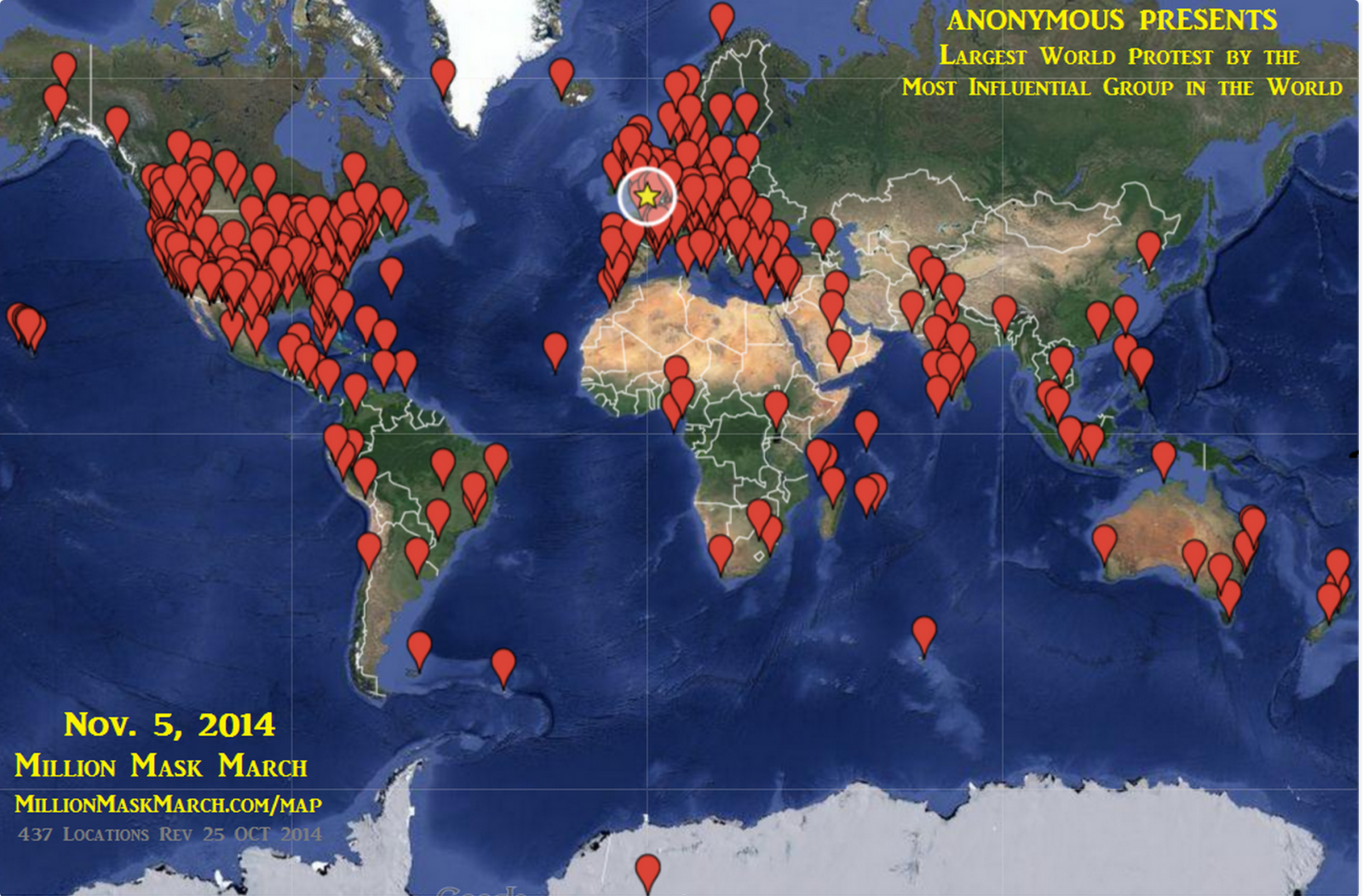V for
Vendetta written by Allan Moore and illustrated David Lloyd is set in a
dystopian not-too-distant future in a totalitarian state in the 1980’s. Just
after a nuclear war has taken place, Africa and continental Europe seem
absolutely shattered and Britain is on the verge of economic collapse.
The
protagonist “V” (a shadowy radical anarchist) attempts to destroy that
government ruled by Fascist High Chancellor Adan Susan, who rules through fear and
intimidation. Great Britain is no longer safe, and the fascist regime has set
up concentration camps for anyone who is considered undesirable for the
leaders. Furthermore, by intervening
media channels, the government filters information to manage citizens’ behaviours
and opinions.
Although “V” is mentioned in media as a “dangerous
terrorist”, we can see at the beginning of the story that the protagonist saves
Evey a 16-year-old girl. Everything V does in order to fight the government has usually
been associated with a “moral dilemma” of whether his hostile behaviour is
detrimental or beneficial.
In my opinion, V’s behaviour is morally ambiguous, because on one hand, some people rationalize
the atrocities he commits just for the sake of a “higher goal” (perceived as Liberation).
On the other hand, he does kill hundreds of people, bombs the parliament and so
on. (Perceived as “Terrorism”)
First of
all, we need to understand moral ambiguity is usually the result of uncertainty.
What we do is that we question ourselves regarding how we should feel or react
to specific actions or situations and, as there is a gap between the intentions
of the author and the audience’s reaction. When moral ambiguity occurs, the readers are not openly communicated about
what is right or wrong causing confusion in the audience.
Is it
everything we do just right or wrong? It is Good vs. Evil? There seems to be a
blurred line between them. In V for Vendetta, V fights for freedom (this should
be considered right, shouldn’t it?), but HOW DOES V DO IT? It is done through killing
(the innocent and guilty ones), capturing and torturing people. Such actions
are not of a hero, but V believes it is right! It is for the good of the
country.
 On the
other hand, Eric Finch does kill V, because he thinks he is doing right as
V does not believe in Fascism. Moore has intentionally established a context
where THERE ARE NO MORAL CERTAINTIES WHATSOEVER. There is no black and white in
our lives, and I don’t think there will be as we are constantly dealing with an
internal fight about what is wrong and what is right.
On the
other hand, Eric Finch does kill V, because he thinks he is doing right as
V does not believe in Fascism. Moore has intentionally established a context
where THERE ARE NO MORAL CERTAINTIES WHATSOEVER. There is no black and white in
our lives, and I don’t think there will be as we are constantly dealing with an
internal fight about what is wrong and what is right.
In your opinion, to what extent do the ends justify the means?
References
Moore, Alan y David Lloyd. V for Vendetta. DC COMICS , 1989.
, 1989.
 , 1989.
, 1989.
“The Ethics
of Ambiguity” Simone de Beauvoir (1947). In marxists.org. Retrieved from: https://www.marxists.org/reference/subject/ethics/de-beauvoir/ambiguity/ch03.htm#s5




















